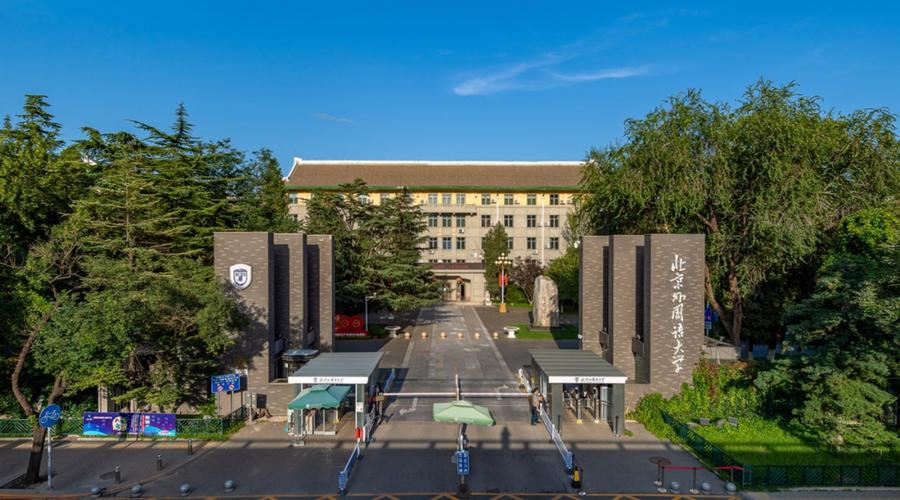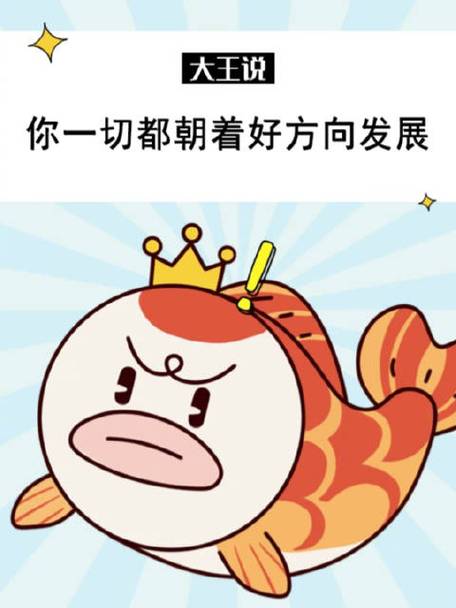
相互作用的技术与文化(The Interaction of Technology and Culture)
the speaker contends that with the development of technology, our traditional cultures will evaporate. i concede that the rapid development of technology has already given our lifestyle a radical change and has made the abyss between our racial stripe and the assimilated world smaller and smaller. beyond this concession, however, i find the speaker's contention indefensible.
opposite to the speaker's idea that technology and tradition are everything but compatible, i contend that traditional culture is like an impetus to science and technology. the story of qian xuesen "father of our rocket history," is a persuasive example.qian xuesen's wife is a musician who majors in traditional german music. however, the seemingly immense difference between science and art makes them much closer rather than alienated. "! get a much broader vision from the traditional german music," qian xuesen told us, "and the help ! get from it to my scientific research is significant. "
how do we explain the aid of tradition to science and technology? i think that the reason lies in tradition itself. it is saturated with not only a kind of lifestyle or some dialects, but also a pofound and infinite ideology and a useful and special methodology which is substantial to both science and technology.
i disagree with the speaker for another reason as well, traditional culture is also an influential factor of the world's development. the speaker argues that the development of technology will inevitably make the tradition disappear, which implies that traditional culture can do nothing to the development. this idea is totally wrongheaded. the existence of traditional culture, in other words, the variety of races is an essential agent of the development of the world.
we all know that the variety of species is valuable to the thriving of us human beings, then why not the variety of races?
imagine a world with all the same culture, all the same tradition, and all the same etiquette. can you tell me whether we have made progress or have been lagging behind with no comparison?
experts will say that the variety of species gives us a huge depository of genes and i will say that the variety of races also bestows on us a precious large warehouse of different ideologies,methodologies, colorful legends, various living and eating styles from which we can learn a lot, gain more insight and, most of all, see ourselves more clearly and correctly. with the help of all these things, the world will be pushed forward and the civilization of each ethnic group will prosper.
from the standpoint of dialectics, i still can't agree with the speaker. i contend that when the technology, in other words,the global civilization, is trying to assimilate a traditional culture, the global civilization itself is inevitably the one being as similated at the same time. the interaction of things never ends and the subject and the object continuously exchange their positions. the ubiquitous kfc snack bar is an example of the global civilization's assault into the traditional civilization. however, it is not difficult to find that meanwhile kfc in china has also got a chinese label. people needn't empty their serving tray before they leave while in most western countries people do it as ahabit. in order to survive, kfc now offers not only western flavor but also chinese flavor, such as old beijing chicken roll as you can see, the traditional culture is still energetic and full of vitality so that it will never be defeated.
in sum, the speaker's assertion that technology and tradition are incompatible begs question. traditional culture is not only an impetus to the world of technology, but also to the whole human race. i concede that the advancement of technology has changed our culture a lot, but meanwhile the global civilization, which includes modern technology, is also being challenged by our traditional culture. hegel said, "those that exist are reasonable." the traditional culture is still vital and will never be eliminated from the splendid historical stage.






